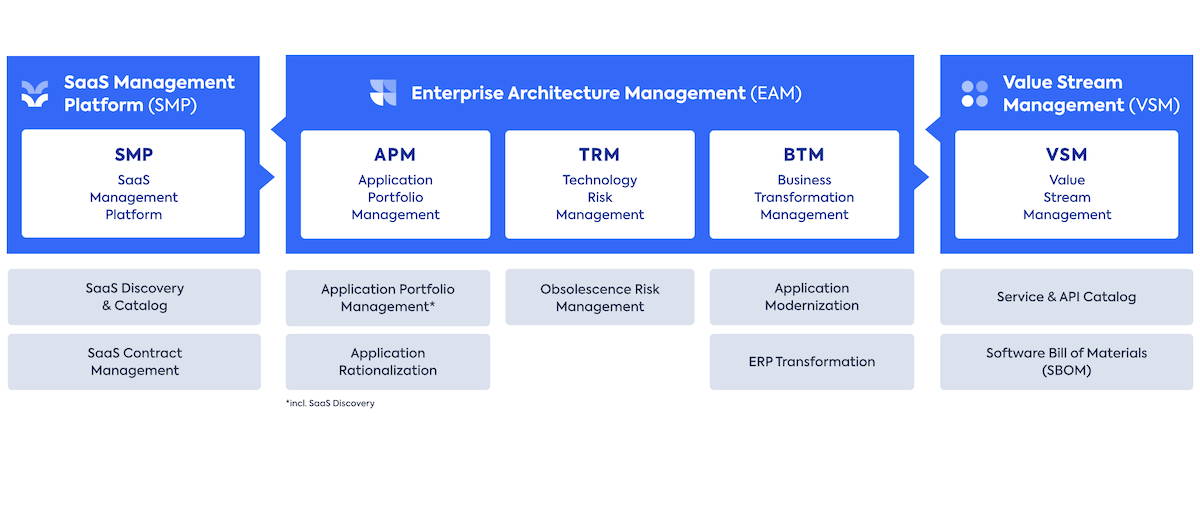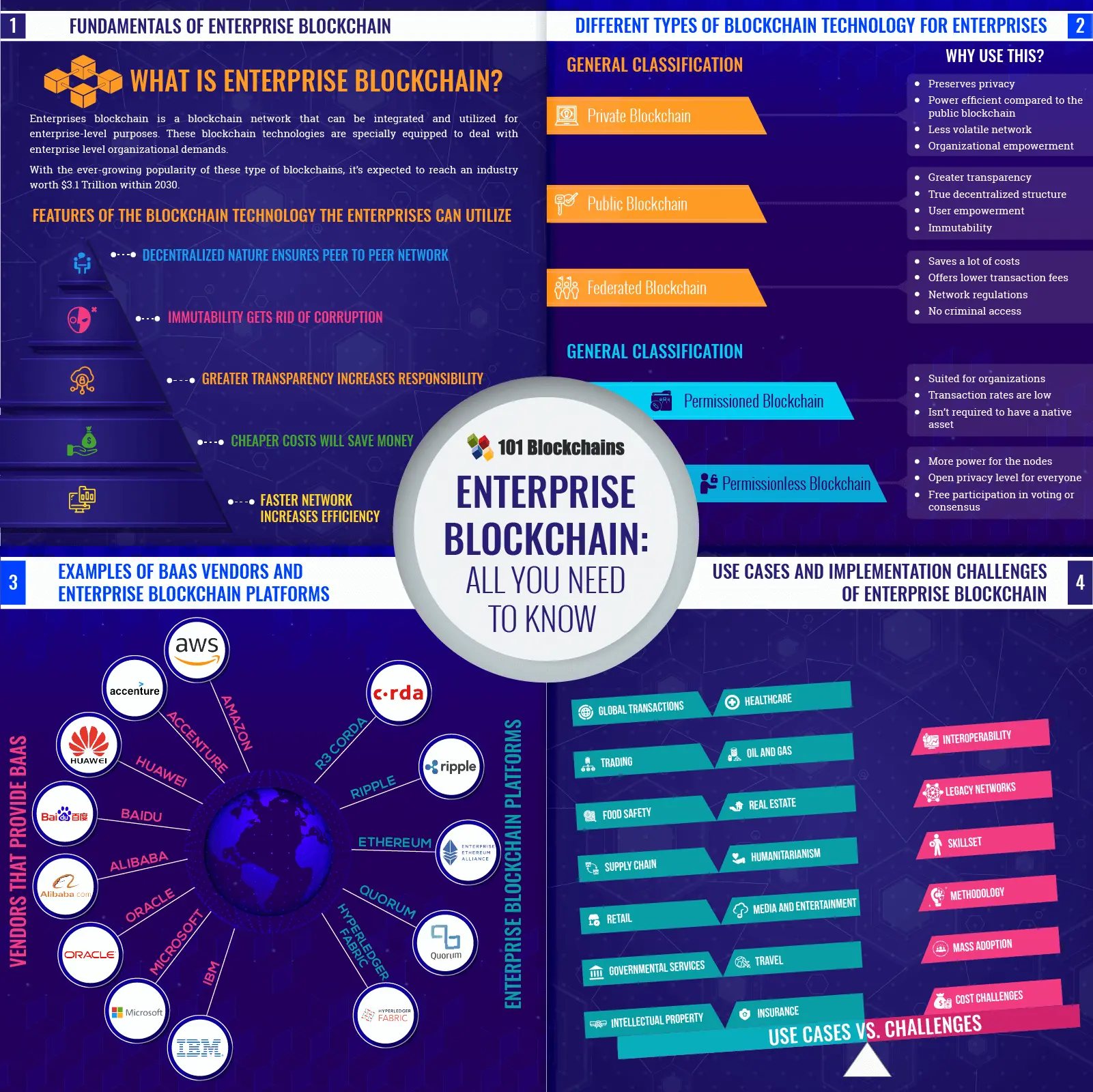Blockchain for Enterprise Architecture: Revolutionizing Business Processes
Blockchain for Enterprise Architecture: Revolutionizing Business Processes
Introduction

In today’s rapidly evolving digital landscape, businesses are constantly seeking innovative solutions to enhance their operations and gain a competitive edge. One technology that has gained significant attention and is revolutionizing the way businesses operate is blockchain. Originally introduced as the underlying technology behind cryptocurrencies like Bitcoin, blockchain has now emerged as a powerful tool for enterprise architecture. In this article, we will explore the concept of blockchain for enterprise architecture and how it is transforming business processes.
Understanding Blockchain
Before delving into the application of blockchain in enterprise architecture, it is essential to understand the fundamentals of this technology. At its core, blockchain is a decentralized and distributed ledger that records transactions across multiple computers. Each transaction, or block, is linked to the previous one, forming a chain of blocks. This decentralized nature eliminates the need for intermediaries, such as banks or third-party service providers, resulting in increased transparency, security, and efficiency.
The Role of Blockchain in Enterprise Architecture

Enterprise architecture refers to the practice of aligning an organization’s business and IT strategies to achieve its goals effectively. Traditionally, enterprise architecture has relied on centralized systems and databases, which often pose challenges in terms of security, scalability, and trust. Blockchain, with its decentralized nature and cryptographic security, addresses these challenges and offers several benefits for enterprise architecture:
-
Enhanced Security and Trust - The decentralized nature of blockchain ensures no single entity has control, making it highly resistant to hacking and fraud. Cryptographic algorithms ensure data integrity and immutability.
-
Improved Efficiency and Cost Savings - By eliminating intermediaries and manual processes, blockchain reduces transaction time and administrative overheads. Smart contracts automate contract management.
-
Transparent and Auditable Systems - Every transaction is recorded on an immutable ledger, enabling easy tracking and regulatory compliance.
-
Streamlined Supply Chain Management - Real-time visibility and traceability reduce counterfeits, improve inventory, and enhance efficiency.
-
Facilitated Data Sharing and Collaboration - A secure platform for data sharing and collaboration while maintaining privacy.
Frequently Asked Questions
Q: How does blockchain ensure data security?
A: Through decentralization and cryptographic algorithms that make data tamper-proof.
Q: Can blockchain integrate with existing systems?
A: Yes, through APIs and smart contracts that enable system interoperability.
Q: What industries can benefit from blockchain?
A: Finance, supply chain, healthcare, real estate - any industry relying on secure, transparent transactions.
Q: How does blockchain improve supply chains?
A: By enabling real-time visibility, traceability and accountability of goods.
Q: What are smart contracts?
A: Self-executing contracts that automate and enforce agreed upon terms, enhancing efficiency.
Conclusion
Blockchain is revolutionizing enterprise architecture by enhancing security, efficiency, transparency and trust. By leveraging blockchain’s decentralized nature, businesses can reduce costs, streamline processes and improve collaboration. As digital transformation continues, integrating blockchain will become crucial for competitiveness. The power of blockchain can unlock the full potential of enterprise architecture.
Find more about our conprehensive Enterprise Architecture Guide
Find more about our framework guide on Framework Docs